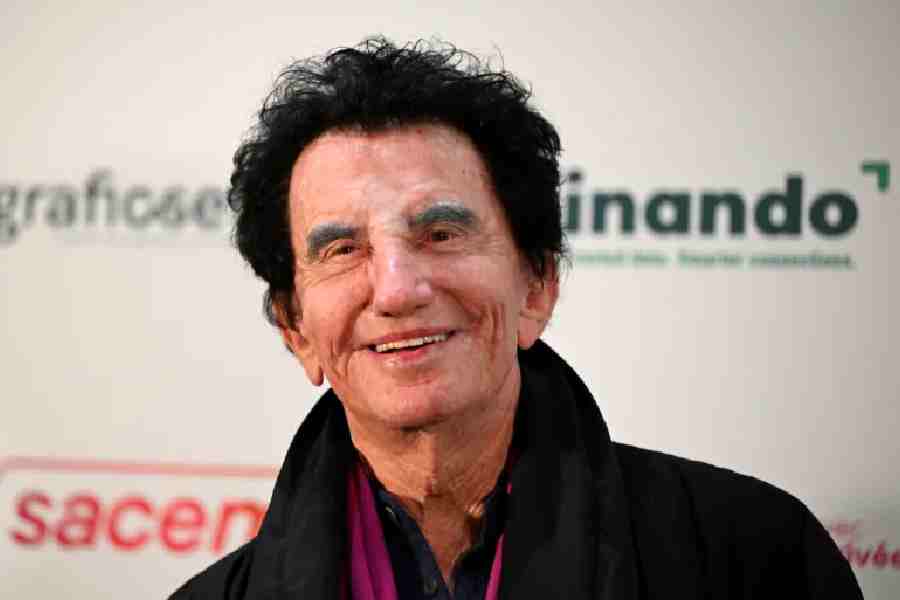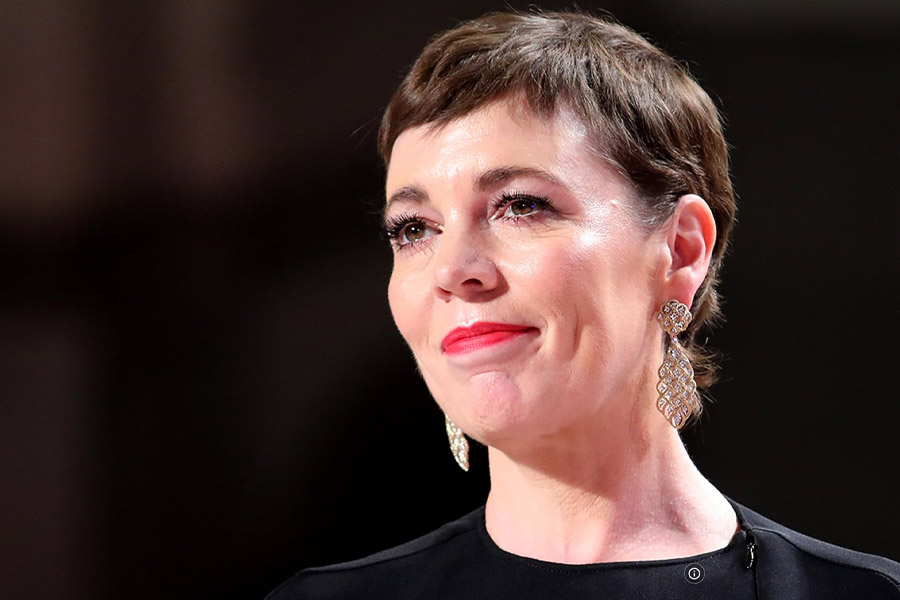 |
| Singh in Delhi. (PTI) |
Washington, Nov. 12: Prime minister Manmohan Singh, who is leaving for Washington on Thursday, is approaching the economic summit of 20 world leaders with the expectation that notwithstanding his reputation as an economist and author of his country's economic reforms, India will not play any “decisive” role at the two-day meeting here.
Singh has been circumspect in his comments about this weekend’s conclave. But he said in an interview to the French newspaper, Le Figaro, in the run up to the summit that “the main responsibility” for pulling the world out of the current crisis “is that of the developed countries, but India and China must take part in the solution.”
The Prime Minister told the French newspaper that “we are, after China, the second largest economy in terms of growth and we are, therefore, potentially a significant actor, but this does not mean that we are a decisive one”.
The deputy chairman of the Planning Commission, Montek Singh Ahluwalia, and the secretary for economic affairs, Ashok Chawla, will represent India at meetings here throughout Thursday and on Friday morning to prepare the ground for what the heads of state and government will discuss when they sit down together for the first phase of the summit at a dinner on Friday night hosted by US president George W Bush.
But an unseen presence on behalf of India at these pre-summit deliberations will the prime minister's new honorary economic adviser, University of Chicago economics professor Raghuram Rajan.
On November 2, in the run up to the Washington summit, the Prime Minister appointed Rajan, who was chief economist at the International Monetary Fund (IMF) until last year to be his new honorary economic adviser.
The role of the IMF will be a major issue when leaders from the G-20 countries gather here and India has been unhappy even before the current financial crisis about its place in the existing IMF structure.Finance ministry sources in New Delhi told The Telegraph that although Rajan has been reluctant to play any visibly high profile role at this weekend’s meetings and does not want fly to Washington, as of now, to be at hand during the summit, he has drafted key papers for Singh and given substantial inputs for the prime minister to play his role at the Washington conclave.
Singh told Le Figaro, that “if the financial crisis sparks off a recession in the main economies, this will compromise our exports.”
Although Bush is hosting the summit, the main force behind it is French president Nicolas Sarkozy. The Prime Minister acknowledged that “President Sarkozy’s proposal is important. The only thing is to well prepare the meeting which he is planning, and he acknowledges this himself.”
Singh expressed concern about how any global economic meltdown “will impact on our capacity to finance our development”.
A senior official involved in the summit preparations on behalf of India yesterday briefed Indian correspondents here that an issue which New Delhi would like to see tackled is the impact of financial outflows from countries like India to meet the needs of developed economies in the light of the global crisis.
Friday night's dinner hosted by Bush will see a free-wheeling discussion on how the 20 leaders view the crisis and the way ahead. What is said at the dinner will give a sense of how much agreement can be expected at the formal summit on Saturday and what joint steps are possible.
Crucially missing among the 20 heads of state and government will be a 21st leader — US President-elect Barack Obama — who will actually have the levers of power over the world's most important economy in just over two months.
The question on everyone's mind will be whether any decision taken at the summit without Obama is worth it or whether it will endure beyond his swearing into office on January 20, 2009.











